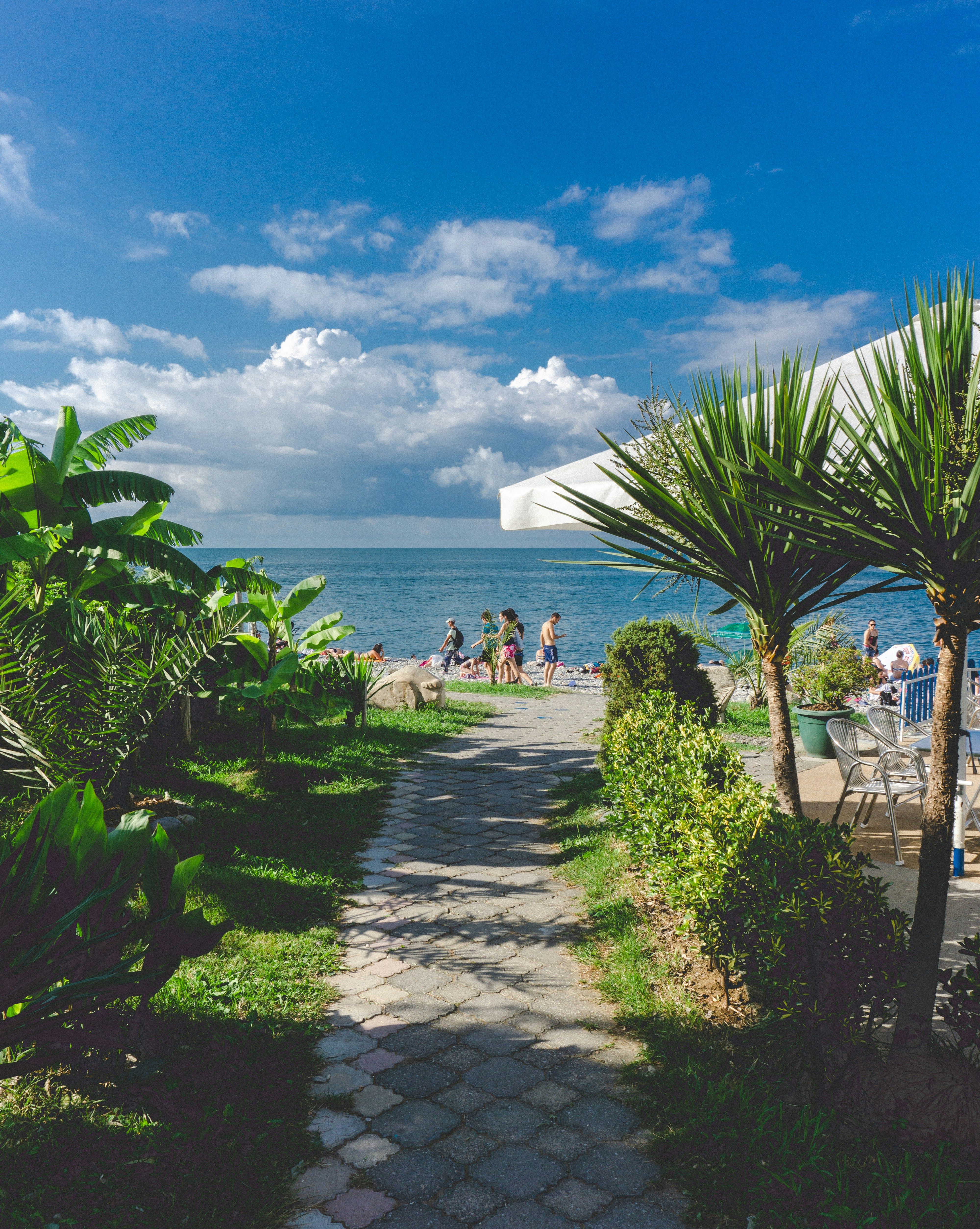Polish "Fat Thursday": A Day of Pańczki Indulgence and Customary Celebration
Fat Thursday: A Traditional Polish Indulgence Before Lent
Deep in the heart of Polish culture lies Fat Thursday, a day steeped in communal and culinary tradition. Widely celebrated on the last Thursday before Lent, this feast symbolizes a joyous moment before the period of fasting leading up to Easter.
Traced back to Christian practices, melded with local customs, and interwoven with historical aspects, Fat Thursday kicks off the final week of Carnival. It's a chance to indulge in food and festivities before the strictures of Lent arrive. Over time, this tradition has become ingrained in Polish customs, encapsulating not just a day of indulgence but also a celebration of cultural identity and family bonds.
The essence of Fat Thursday revolves around two iconic treats: pączki and faworki. Pączki, plump doughnuts filled with jam or sweet cream and adorned with powdered sugar, icing, or glaze, are the main attraction. Faworki, or angel wings, are thin, twisted strips of dough, fried to a crisp and dusted with powdered sugar. These sweet delights embody the spirit of hospitality and celebration that permeates the day.
Beyond the food, Fat Thursday fosters unity and joy. Families and friends gather to share in the preparation and enjoyment of these traditional treats, while the warmth of community spirit radiates as people come together, exchanging laughter and heartfelt conversations. This sense of togetherness embodies the communal spirit that lies at the core of Polish culture.
While Fat Thursday is unique to Poland, the idea of indulgence before a period of fasting is echoed in various cultures around the world. Similar pre-Lenten celebrations, each boasting unique customs and culinary delights, shed light on the universal human inclination towards festivity and celebration.
In the United States, Mardi Gras, particularly popular in New Orleans, bears the most resemblance to Fat Thursday. Like its Polish counterpart, Mardi Gras features parades, masquerades, and indulgence in rich foods, with the king cake acting as the festive centerpiece.
In the UK, Shrove Tuesday, often known as Pancake Day, maintains a similar significance. Britons indulge in pancakes to use up dairy products before Lent. Unique traditions like pancake races, where participants race while flipping pancakes, add to the day's charm.
In comparing these celebrations, we see that, although their customs and culinary focal points differ, they share a common thread: a farewell to abundance before a period of moderation. Each tradition, be it the pączki of Poland, the king cake of the US, or the pancakes of the UK, highlights the cultural diversity and universal nature of this period of indulgence.
Amid globalization, the celebration of Fat Thursday has gone beyond Poland's borders, spreading to Polish communities worldwide. This diffusion has introduced Polish culinary traditions to a wider audience while preserving and reinforcing cultural identity among the diaspora. Modern observances of Fat Thursday blend tradition with innovation, as new variations of pączki and faworki emerge and social media platforms buzz with images and stories of celebratory feasts.
Thus, Fat Thursday, with its rich history, tradition, and culinary delights, stands as a vibrant celebration of Polish culture. It transcends the simple act of eating, embodying the spirit of joy, community, and cultural pride. Comparing it with similar traditions in the US and UK sheds light not only on the uniqueness of each culture's approach to this pre-Lenten period but also the shared human desire for celebration and reflection.
Stay tuned for more news from Poland. Follow us on Facebook, Twitter, and Instagram to stay updated. If you'd like to receive a weekly recap, sign up below to stay connected.
Sign up for a weekly recap of News from Poland
We don't spam!
Check your inbox or spam folder to confirm your subscription.
PDF download
- As Fat Thursday embraces the idea of indulgence before a period of fasting, it aligns with similar pre-Lenten celebrations in the food-and-drink realm, such as Mardi Gras in the United States and Shrove Tuesday in the UK.
- The sharing of laughter and heartfelt conversations on Fat Thursday reflects the essence of diverse cultural travel, where traditions encapsulate both a day of indulgence and a celebration of cultural identity and familial bonds.
- Amid the globalization of cultural-travel experiences, the celebration of Fat Thursday has expanded beyond Polish borders, fostering the dissemination of Polish culinary traditions while simultaneously preserving the inherent cultural identity among the diaspora.
- Future lifestyles and travel plans may incorporate the exploration of Fat Thursday, a unique blend of community, custom, and culinary delights that showcases an compelling element of Polish culture and humanity's universal desire for festivity and reflection.








